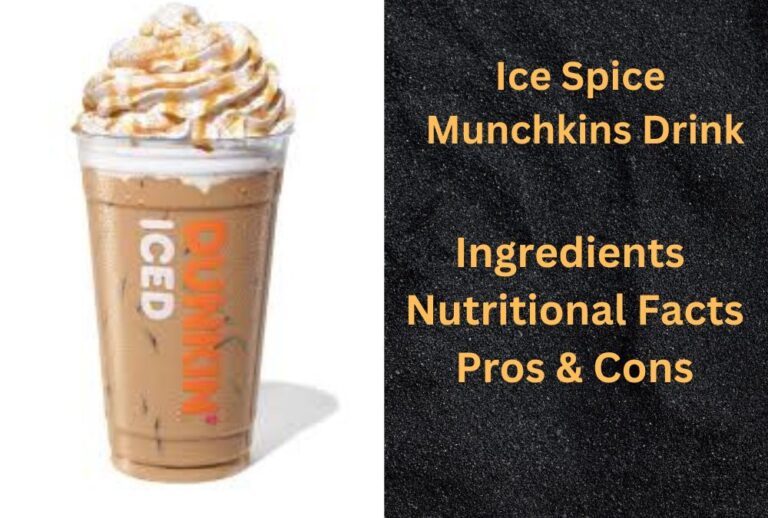Advantages and Disadvantages of a Vegan | Diet List
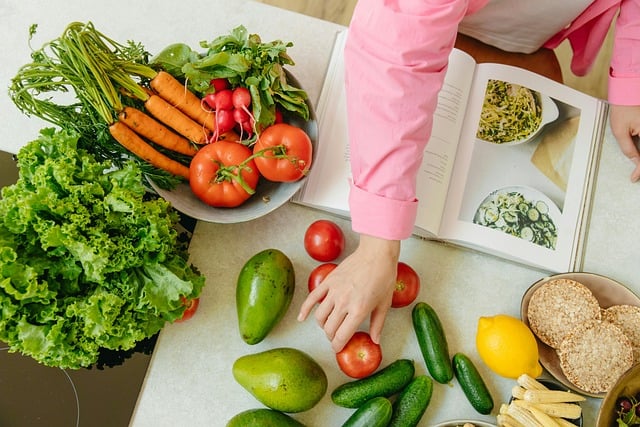
what are vegans?
A vegan diet means that the individual will not consume any animal products at all. It is primarily concerned with fruits and vegetables and grains, nuts, and seeds. This is a diet that may enhance a person’s health and decrease what we can refer to as his/her illness potential. It also has the advantages of reducing carbon emissions hence protecting the environment. Nevertheless, proper planning is required in order not to avoid a situation when an organism will lack certain nutrients. Therefore, a balanced vegan diet can also be healthy and tasty. Here in this Blog, we will discuss the advantages and disadvantages of vegan.
vegan diet food list
Here is a comprehensive list of foods suitable for a vegan diet, categorized for convenience:
1. Vegetables
- Leafy greens: spinach, kale, collard green, bok choy
- Cruciferous vegetables: cabbages, celery, condensed milk
- Root vegetables: carrots, beets and sweet potatoes
- Others: This is why such products are included: bell peppers, zucchini, eggplant, mushrooms, tomatoes, and cucumbers.
2. Fruits
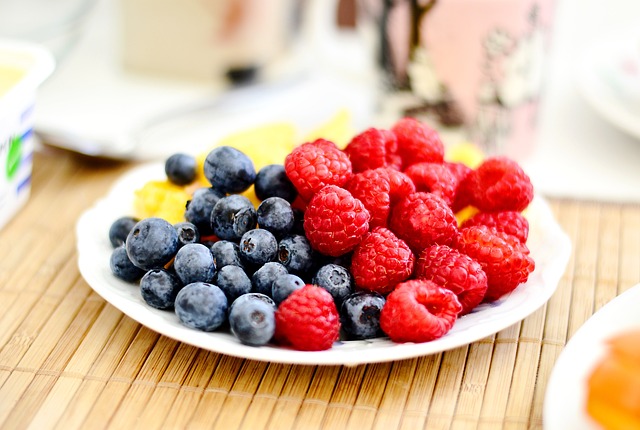
- Berries: strawberries, blueberries, raspberries
- Citrus: oranges, lemons, limes
- Stone fruits: cherries and plums
- Others: bananas, apples, avocados, watermelon and pineapple
3. Grains and Legumes
- Whole grains: quinoa, brown rice, barley, oats, buckwheat, whole meal bread
- Legumes: Lentils, chickpeas, black beans, kidney beans, peas, and edamame are part of some of those you should take frequently.
4. Nuts and Seeds
- Nuts: Chestnut, almonds, walnut, cashew, pecan, hazelnuts
- Seeds: such as chia seeds, flaxseeds, pumpkin seeds, and sunflower seeds.
- Nut butter: almond butter, peanut butter, and tahini
5. Plant-Based Proteins
- Tofu and tempeh
- Seitan (wheat gluten)
- Edamame
- Protein Performance enhancing additives (vegan – pea protein, rice protein)
6. Dairy Alternatives
- Plant-based milks: other non-dairy milk brands include; almond milk, soy milk, oat milk, and coconut milk.
- Low-carb yogurt (coconut yogurt, almond yogurt
- Vegan cheese can be chestnut or soy cheese.
7. Condiments and Spices
- Nutritional yeast (for some latency of cheese like flavor and vitamin B12)
- Extra virgin olive oil, coconut oil, avocado oil
- Vinegar: balsamic, apple cider
- Herbs and spices: garlic, ginger, turmeric, basil, cumin and paprika
8. Snacks
- Popcorn (air-popped rice cakes
- Dark chocolate, check for a dairy-free option
- Hummus and vegetable sticks
Advantages and Disadvantages of a vegan
The advantages and disadvantages of a vegan are given below
The Advantages of Eating Vegan
- Reduced risk of illness: This work shows that vegans have a better health index regarding diabetes, hypertension, and the prevalence of heart disease.
- Weight loss: Vegan diet can assist in achieving weight loss and its sustainability because most of the food products adhering to its principles contain lesser calorie density.
- Lower cancer risk: Consumption of fruits and vegetables can help to reduce the possibility of getting some forms of cancer.
- Improved digestive health: It is for this reason that most vegans are known to enjoy a high-fiber diet which is healthy for digestion and bowel movements.
- Environmental impact: Veganism proves to have environmental benefits since case, it helps to minimize emission of greenhouse gases and deforestation by animals.
Disadvantages of a Vegan Diet
- Potential nutrient deficiencies: Some nutrient deficiencies that are likely to be observed in a vegan are vitamin B12, iron, calcium, omega-3 fatty acids, and protein.
- Challenges in eating out: The availability of vegan foods may be limited especially when one is in a region that has many non-vegan foods.
- Social limitations: Sometimes the social aspect of being vegan may be considered a disadvantage since one may feel restricted during events such as dinner parties.
- Initial learning curve: It means that giving up meat and dairy products implies acquiring new recipes, substitute products, and acquiring your plant products’ nutritive value.
- Potential expense: Some of the vegan niche products and products that are mainly vegan substitutes may be relatively more expensive than their standard counterparts. Signs of unhealthy vegans
Signs of unhealthy vegan
Here are some key signs that a vegan diet may be unhealthy:
- Malnutrition Fatigue and weakness: This can be due to low levels of iron, an indication of anemia, very rampant in vegans especially if they are not consuming foods rich in iron and vitamin C which is responsible for the enhancement of iron absorption.
- Hair loss and brittle nails: It may be caused by insufficient consumption of proteins or lack of certain nutrients such as Iron, zinc, and vitamin B12.
- Mood changes and cognitive problems: Lack of omega-3 fatty acids, vitamin B12, and iron is said to contribute to poor mental health causing things such as depression, anxiety, and poor focus.
- Digestive Issues Persistent digestive problems: Maybe owing to a deficiency of dietary fiber which is found in fruits, vegetables, whole grain, and green leafy vegetables, or due to excessive intake of processed vegan foods low in fiber.
- Bloating: Interestingly, when you convert to vegan foods, you are likely to get more FODMAPs which are fermentable carbohydrates such as beans and pulses. If you’re sensitive to them, they can cause persistent bloating Weight Changes Unintended
- Weight loss: Weight loss might occur if the daily intake of calories is low and in this case, it happens suddenly. Weight gain: Possibly arising from eating processed vegan products that are rich in sugars and fats.
- Other Signs of Poor Skin Health: Cracking, dry, and pale skin or skin that develops a bruise appearance may be suggestive of certain vitamin and mineral deficiencies such as vitamin A, vitamin C, and zinc.
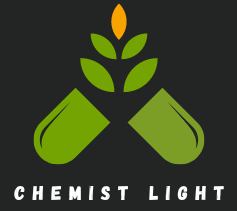
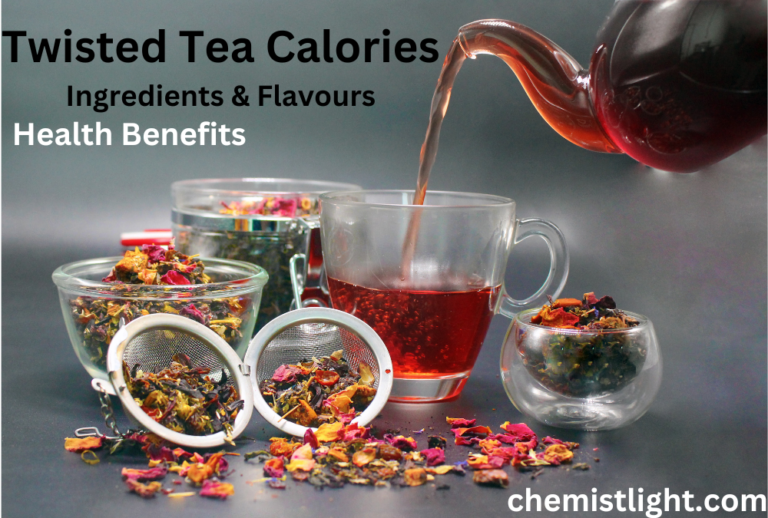
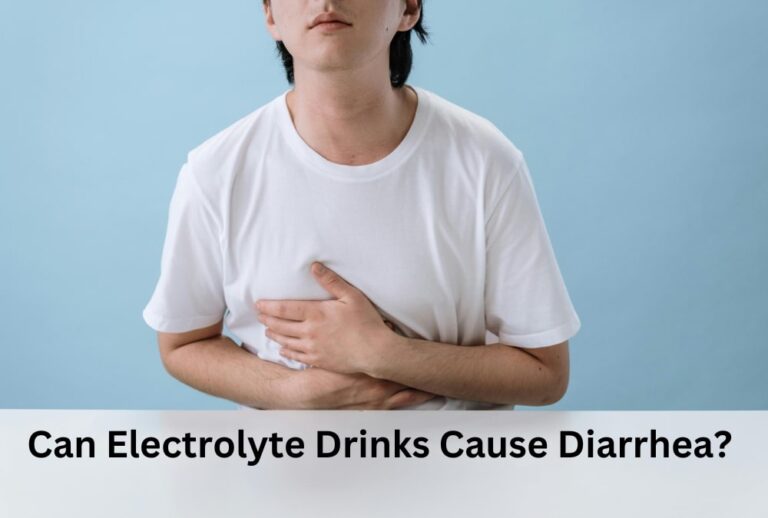
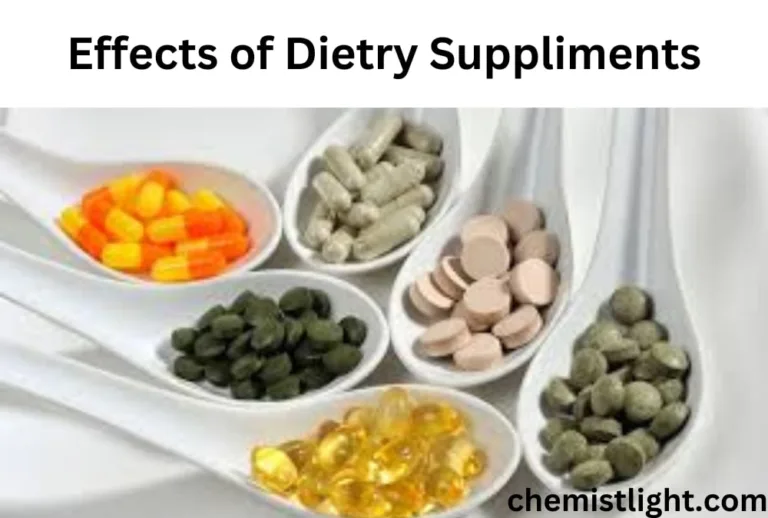
![Do tomatoes contain nicotine? Yes, tomatoes contain small amounts of nicotine, with ripe tomatoes containing around 0.00001 mg of nicotine per gram[1][2][3][4]. Citations: [1] https://snusboss.com/nicotine/food-that-contains-nicotine/ [2] https://nicokick.com/us/pouch-perfect/surprising-foods-that-contain-nicotine [3] https://www.ncbi.nlm.nih.gov/pmc/articles/PMC4864980/ [4] https://www.nejm.org/doi/full/10.1056/NEJM199308053290619 [5] https://www.eurl-pesticides.eu/userfiles/file/EurlSRM/LAPRW2019_Poster_Nicotine.pdf](https://chemistlight.com/wp-content/uploads/2024/06/Do-tomatoes-contain-nicotine-768x518.jpg)

